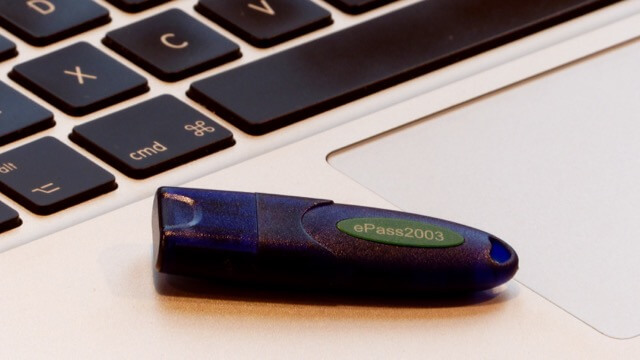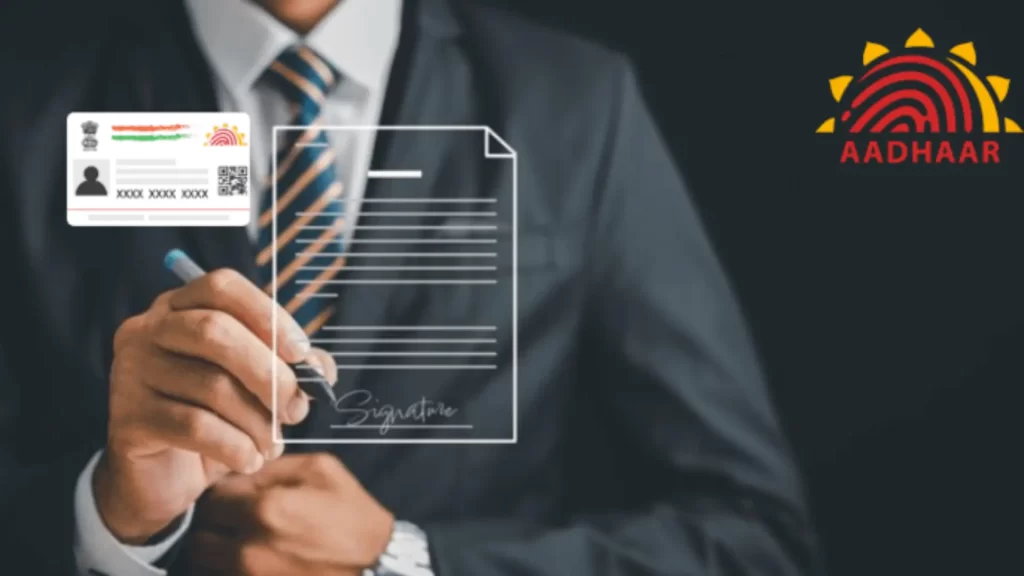We all know electronic signatures, or e-signatures, are legally valid in India under the Information Technology Act 2000. E-signatures are a great way to sign documents online without the hassle of printing, scanning, or mailing them. They are also more secure and efficient than traditional signatures.
But do we know that there are different types of e-signatures in India? And that each type has its own benefits and requirements. Let us visit these details in this blog.
Types of digital and electronic signatures in India:
1. Certificate-based digital signature, or DSC:

A trusted authority called a Certifying Authority (CA) issues this type of e-signature, which is stored on a special device called a USB token, or it can be hosted on the server. Users need to plug in the USB token to their computer and enter a password to use DSC. This type of e-signature is very secure and widely used for legal, financial, and business purposes.
2. Aadhaar-based e-signature, or eSign:

This type of e-signature is generated online using your Aadhaar number, a unique identification number in India. One must enter the Aadhaar number and verify the identity using an eKYC method, such as OTP or biometrics. This type of e-signature is straightforward and user-friendly and leverages the Aadhaar platform, a massive database of over 1.3 billion Indians.
3. Cursive signature, or eSignature:

In this type, a signer can sign documents electronically using your personalized signature. Users can use their stylus or finger to draw their signature on a touchscreen device, such as a tablet or a smartphone, or a computer mouse to sign documents on a desktop. This type of e-signature is very convenient and personal and mimics the traditional way of signing documents.
Validity of eSignatures in India:
How do we know if your e-signature is valid under the IT Act? Well, there are some conditions that e-signature must meet to be considered reliable and authentic. These are:
- The e-signature must be unique to the user and no one else. Only the user can use the e-signature, and no one can copy or forge it.
- Users must have control over the data that is used to create e-signature. Users must know what they are signing and how they are signing it.
- Any change to your e-signature or the document after signing must be detectable. The signer and the recipient can check if the e-signature or the document has been tampered with or altered in any way.
- There must be a record of the user’s steps to sign the document. The signer and the recipient can trace the history and the process of the signing.
Importance of Electronic Seals after Signing documents Electronically in India:
Besides e-signatures, there is another concept that is important to know: sealing documents using electronic signature solutions. Sealing documents means adding an extra layer of security and validity to your e-signatures and documents. It involves encrypting the document with a special code, called a tamper-evident digital seal, and generating a unique number, called a hash value, that the recipient can verify. This process makes sure that your e-signatures and documents are authentic and unaltered.
Electronic Sealing of documents using eSign solutions also helps you comply with India’s legal and regulatory requirements for electronic records. Some laws and rules recognize and accept e-signatures and sealed documents as evidence and proof in court and other official matters. These include the Indian Evidence Act 1872, the Companies Act 2013, the Income Tax Act 1961, and the Goods and Services Tax Act 2017. These laws and rules understand the importance and value of electronic records in today’s digital world.
Summing up
E-signatures are legally recognized and valid in India under the Information Technology Act 2000. They offer multiple types of signatures – certificate-based digital signatures and Aadhaar-based e-signatures. They also allow you to sign documents electronically using cursive signature with an electronic signature platform. E-signatures must meet some reliability conditions to establish their validity. Moreover, using electronic signature solutions, adding electronic seals to the documents enhances the security and validity of your e-signatures and documents. It helps you comply with legal and regulatory requirements. As technology advances, e-signatures and sealed documents will play a vital role in the digital transformation of businesses in India and worldwide.



